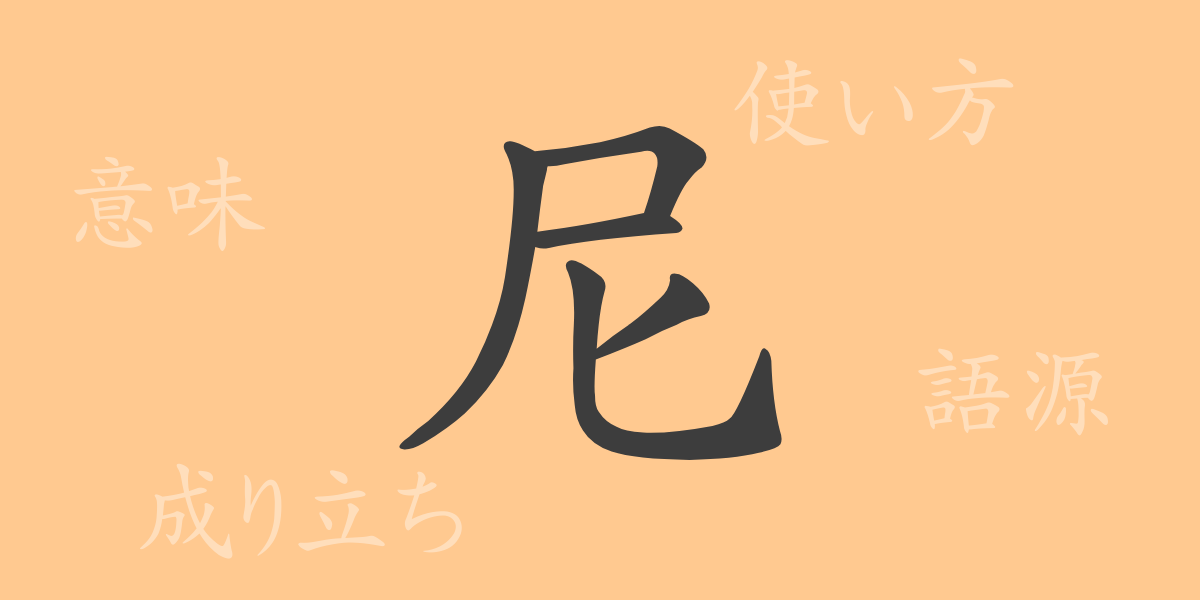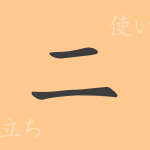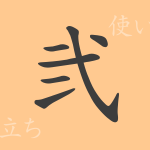In Japanese culture, kanji deeply resonate with history and meaning, where their shapes alone can convey a story. Among these, the kanji ‘尼 (に)’ holds a specific image closely intertwined with Japanese life and history. This article focuses on the character ‘尼’, exploring its origins, meanings, usage, and its role within Japanese culture.
Origins of ‘尼 (に)’
The kanji ‘尼’ can be traced back to ancient Chinese script, originally composed of the elements ‘女’ (woman) and ‘尓’ (you), symbolizing a woman leading a religious life. With the introduction of Buddhism to Japan, this character was adopted to denote women who had taken religious vows.
Meaning and Usage of ‘尼 (に)’
In modern Japanese, ‘尼’ primarily refers to a female Buddhist monk, or nun. However, it is also occasionally used to describe a woman living alone. Additionally, this kanji is employed to denote facilities and cultural aspects related to nuns.
Readings, Stroke Count, and Radical of ‘尼 (に)’
The kanji ‘尼’ is known for its straightforward structure, making it relatively easy to learn.
- Readings: On’yomi ‘ニ’, Kun’yomi ‘あま’
- Stroke Count: Total of 5 strokes.
- Radical: ‘女 (おんなへん)’ or woman.
Phrases, Idioms, and Proverbs Using ‘尼 (に)’
There are several idioms and proverbs that include ‘尼’, each carrying unique meanings and backgrounds. For instance, ‘尼僧 (にそう)’ refers to a woman who practices Buddhism devoutly, while ‘尼寺 (にじ)’ denotes a temple where nuns reside. ‘尼君子 (にくんし)’ is an honorific for female monks. In proverbs, ‘尼になる’ often means to renounce the worldly life and enter monastic life.
Conclusion on ‘尼 (に)’
The kanji ‘尼’ symbolizes not only women who have chosen a monastic life but also reflects various aspects of Buddhist culture and women’s lifestyles in Japan. Its form and meaning have evolved over centuries and continue to resonate within the hearts of the Japanese. Through this article, we hope you have gained a deeper understanding of the rich meanings and applications of the kanji ‘尼’.

























